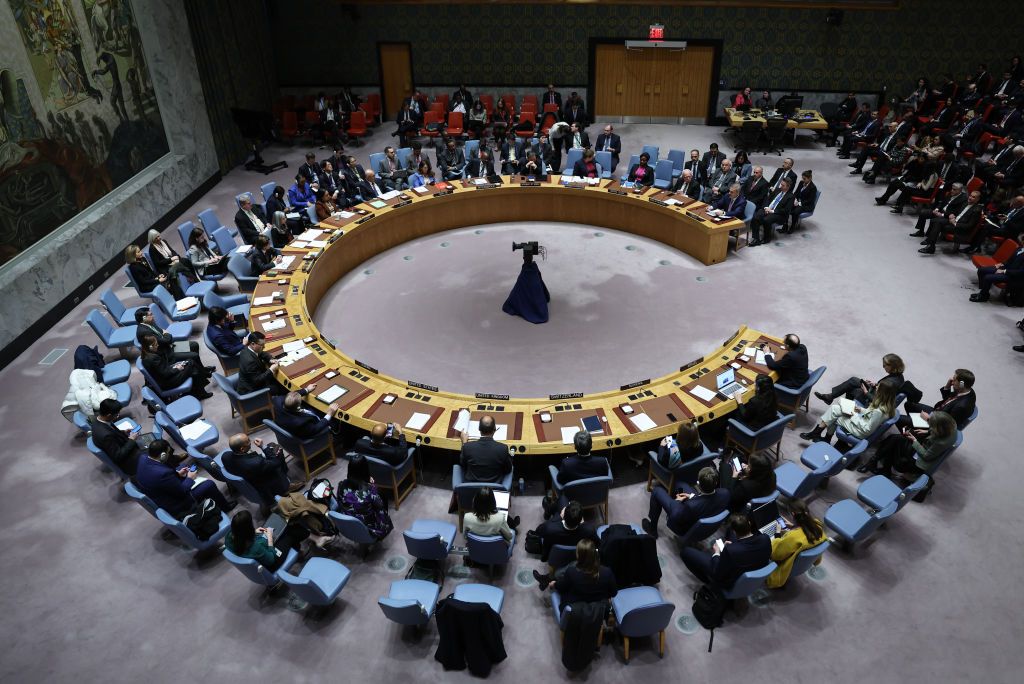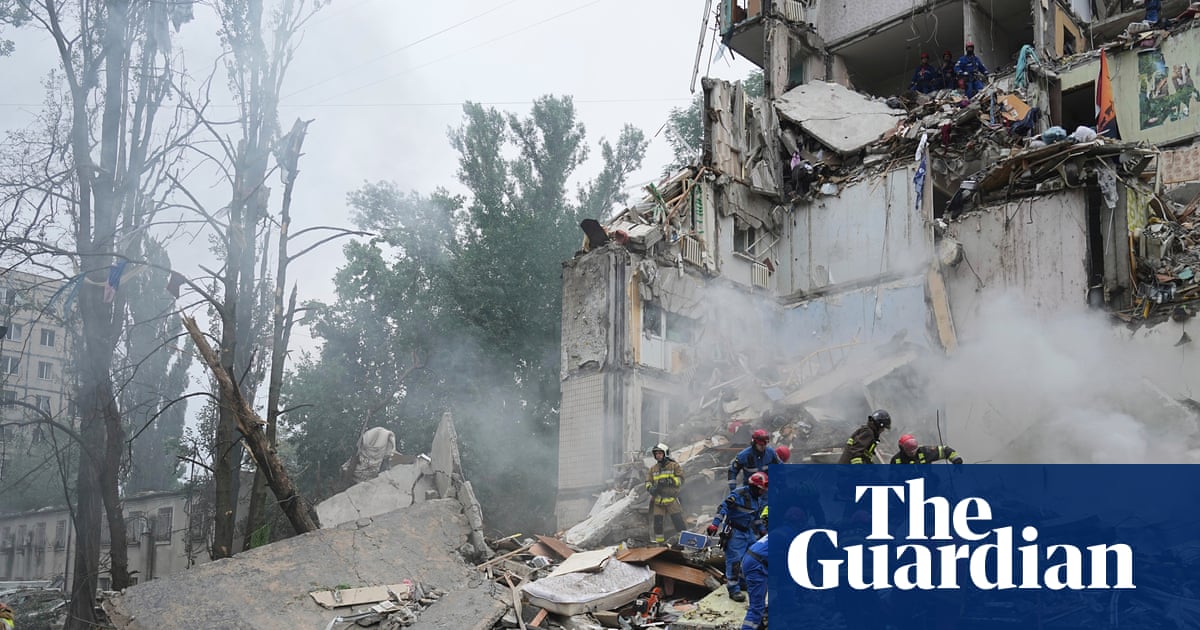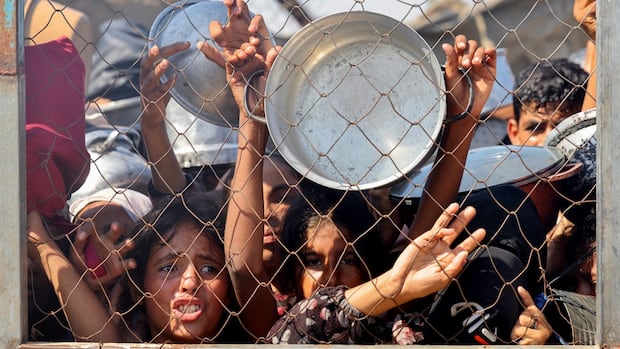Unprecedented Shift: Canada to Recognize Palestinian State Amid Global Outcry
Did you know that as Canada gears up to recognize a Palestinian state, some world leaders are feeling the heat like never before? In a bold move reflecting growing global sentiments, Prime Minister Mark Carney announced on Wednesday that Canada plans to officially recognize Palestine in September 2025, a decision influenced by the harrowing humanitarian crisis unfolding in Gaza.
This revelation emerged after Carney convened a Cabinet meeting to deliberate on the dire situation in the Palestinian territory, which has been ravaged by ongoing conflict. The Prime Minister revealed that discussions with British Prime Minister Keir Starmer, who made a similar proclamation just a day earlier, were pivotal in shaping this landmark announcement.
As images of suffering and starvation flood news outlets, the international community is under immense pressure to act. “The level of human suffering in Gaza is intolerable,” Carney stated, echoing the sentiments of a world grappling with compassion fatigue as it witnesses the plight of innocent civilians. He articulated Canada’s intention to recognize the State of Palestine during the 80th Session of the United Nations General Assembly, but with conditions: the Palestinian Authority must hold general elections by 2026, excluding Hamas from power, and must demilitarize.
Carney acknowledged the monumental challenges ahead, stating, “Clearly that’s not a possibility in the near term," reinforcing that the path to a democratic and viable Palestinian state is fraught with obstacles. His remarks came in the wake of mounting international pressure, especially after French President Emmanuel Macron declared last week that France would become the first major Western country to recognize Palestinian statehood.
Starmer’s announcement follows suit, threatening Britain’s recognition unless Israel takes serious measures to alleviate the humanitarian crisis and commits to a ceasefire, along with plans for lasting peace. However, the Israeli government, led by Prime Minister Benjamin Netanyahu, remains steadfastly opposed to the two-state solution, citing national security and territorial integrity as concerns, which complicates the diplomatic landscape.
In response to the growing chorus of nations recognizing Palestinian statehood, Israel's foreign ministry rejected the British statement, framing it as a distortion of the realities on the ground. With over 140 countries, including a dozen in Europe, already acknowledging a Palestinian state, Canada finds itself joining a wave of symbolic gestures aimed at diplomatically pressuring Israel.
Historically, Canada has supported the idea of a Palestinian state coexisting peacefully with Israel, but has insisted that recognition should stem from a negotiated two-state solution. Iddo Moed, Israel's ambassador to Canada, vehemently opposed the recognition, stating, “We will not sacrifice our very existence by permitting the imposition of a jihadist state on our ancestral homeland that seeks our annihilation.” His statement reflects the deep-seated fears that continue to fuel the conflict.
The stakes are undeniably high. The ongoing conflict has already claimed countless lives, with over 60,000 Palestinians reported dead according to Gaza’s Health Ministry, and an alarming number of children succumbing to malnutrition since the war began. Despite Israel's denials of starvation in Gaza, the humanitarian crisis remains a focal point of international concern, with organizations calling for urgent intervention.
As the world watches, the implications of Canada’s recognition of a Palestinian state could resonate far beyond the borders of North America, potentially reshaping the landscape of Middle Eastern diplomacy. The question remains: will this symbolic gesture inspire real change, or will it further polarize an already tense situation?



























